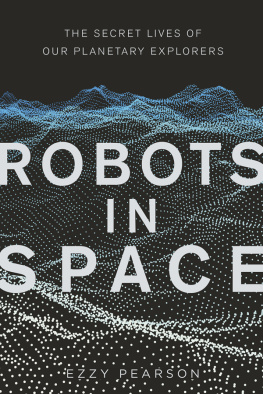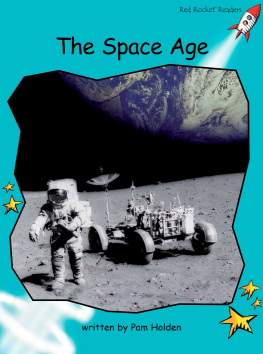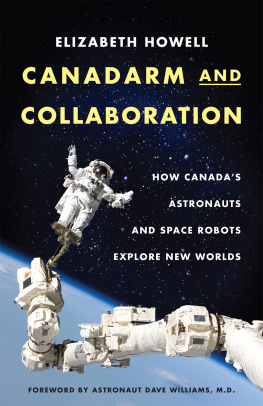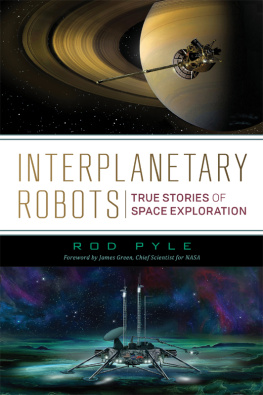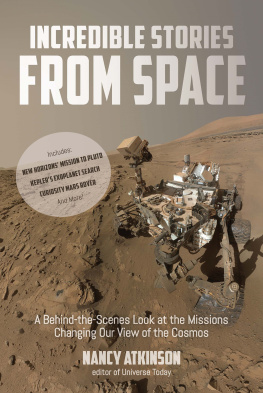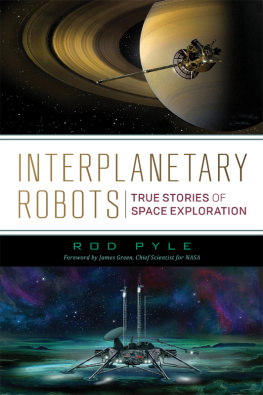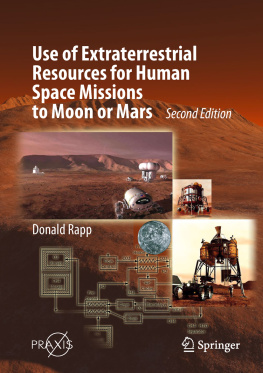Contents
Guide


First published 2020
The History Press
97 St Georges Place, Cheltenham,
Gloucestershire, GL50 3QB
www.thehistorypress.co.uk
Dr Ezzy Pearson, 2020
The right of Dr Ezzy Pearson to be identified as the Author of this work has been asserted in accordance with the Copyright, Designs and Patents Act 1988.
All rights reserved. No part of this book may be reprinted or reproduced or utilised in any form or by any electronic, mechanical or other means, now known or hereafter invented, including photocopying and recording, or in any information storage or retrieval system, without the permission in writing from the Publishers.
British Library Cataloguing in Publication Data.
A catalogue record for this book is available from the British Library.
ISBN 978 0 7509 9637 2
Typesetting and origination by The History Press
Printed and bound in Great Britain by TJ International Ltd.
eBook converted by Geethik Technologies
For Mum, who would have been proud
CONTENTS
INTRODUCTION
Space. The last great bastion of exploration left to humanity. At the dawn of the twentieth century, the idea of landing on another world was a fantasy relegated to the realms of science fiction. Then, in 1957, the Soviet Union launched Sputnik 1, the first artificial satellite, and everything changed. The planets were no longer beyond the grasp of humanity. Instead, they were the next new lands waiting for those bold enough to venture out beyond the horizon.
Today, we are firmly entrenched in the Space Age. Every year, more and more spacecraft journey out into the void, heading off to another planet, moon, comet or asteroid. Each new mission is another step forward in mankinds push to explore the cosmos around us.
But for the first time in history, its not humans that are leading the way to terra incognita but our mechanical envoys robots.
These metal explorers have several advantages over us fleshy meat bags. There are places in the solar system where the radiation is so high that a humans DNA would break down within hours, but where a robot has visited. There are planets so cold that a human would freeze in moments, but where a robot has visited. There are worlds where a person would be boiled, crushed, corroded and poisoned, but where a robot has visited.
Robots can be thrown around with accelerations that would liquify squishy organs but barely even effect their circuitry. And to top it all off, you dont necessarily need to worry about bringing them back afterwards.
While robots have managed to fly past every kind of body found in our solar system, returning some incredible images, theres nothing that quite compares to those missions that have reached out and touched another world. There is something visceral about making contact with an object, even by proxy, that makes it seem more real. In todays age of photo editing, seeing is very often not believing. If you touch something, however, then you know its real.
In my work as a space journalist, Ive been documenting from the front lines of space exploration. While there have been dozens of new robotic missions in those years, theres nothing quite like the furore surrounding those times a spacecraft touches down on another world. These are the missions that capture not just my imagination but the worlds.
And yet, the history of these robotic explorers often goes unremembered, especially if accomplished by anyone other than NASA of the United States. Ask most people in the West whether or not humanity has landed on Venus and theyll probably say we havent. In fact, the Soviets have managed to land on the hellish planet, not just once but multiple times.
Robots have been all over our solar system. Theyve landed on the Moon, Venus and Mars. Theyve dived into the atmosphere of Jupiter and driven through the tail of a comet. Theyve courted asteroids and returned home to tell their tale. Herein lies the heroic story of the robots that have ventured beyond the safety of our own world to reach another.
The story isnt a straightforward one to tell. Its been a complicated journey, with dozens of different nations taking part. The narrative of this book will jump around in time, instead choosing to focus on the story of each region of our solar system that we have visited.
To stop you getting lost, Id like to clarifying a few terms. When referring to our own, Ill use a capital M: Moon. All other moons will have a little m. Im also going to use world as a catchall term for any kind of planetary body: planets, moons, comets and asteroids.
There are also times when spacecraft have been given multiple names. For the most part, I will simply refer to them by their most common title and list any other names in a footnote.
One of the major space players today is Russia. As the former Soviet states also contributed to the nations early space programme, I will refer to the country as the Soviet Union prior to 1992, and Russia after that.
Advances in science or exploration are never achieved solely by one middle-aged white man, despite what other history books might to try to convince you. Every single thing we know about the universe is the work of thousands of people, and it would take a book longer than this one just to list the names of everyone who deserves credit. As such, I will often refer to teams and groups.
Equally, space is no longer the domain of an elite handful of world powers. In the early days of the Space Race, it seemed that the Soviet Union and the United States were the only nations venturing into space, but in reality, dozens of countries had their eyes on the stars. However, not all of them were equally open about their exploits. In the past, the Soviet Union was notable for operating behind a veil of secrecy. Now it is China that keeps its goals close to its chest. Other nations arent necessarily trying to be secretive but just arent very good at blowing their own horn.
This is the reason why, in the West at least, theres often the impression that space exploration is almost solely done by NASA. While they are undoubtedly prolific, they are by no means heading out into the wilderness alone. Spaceflight may have started as two nations racing against one another, but it has now become an arena where political adversaries put aside their differences to work together towards something greater than any one nation.
Thats not to say that spaceflight is some utopian ideal where everyone gets along. Politics aside, space missions are huge projects with many different teams and, as anyone whos ever worked on a group project knows, there are plenty of conflicts around every aspect of space exploration. And while space can be a grand symbol of what we can do together, its also a great opportunity to show off on an international (and interplanetary) stage in a game of one-upmanship that has its roots in the very earliest days of the Space Race.
_____________
Yes. Its a real job.
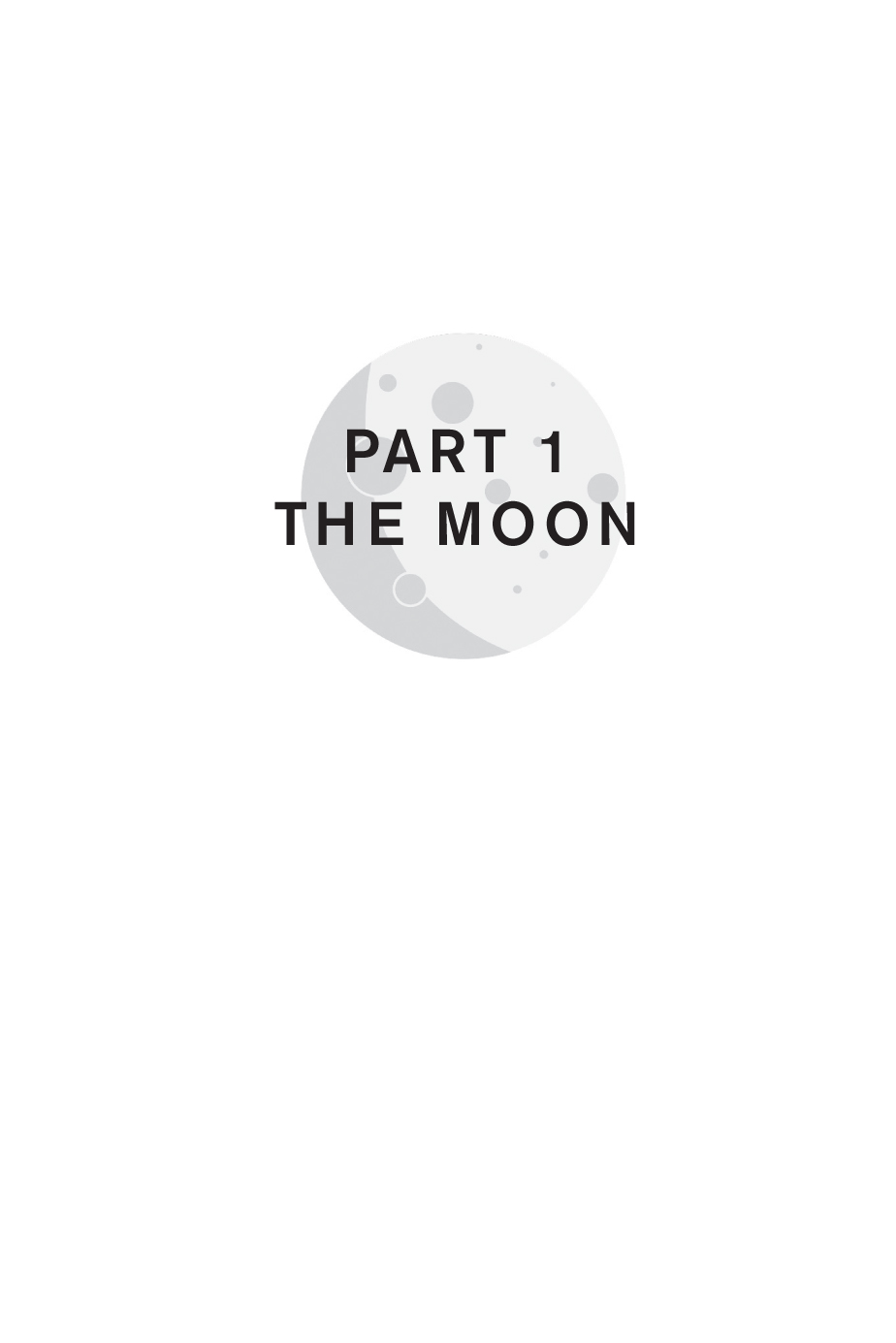
1
DAWN OF THE SPACE RACE
Before Sputnik, the worlds dreams of spaceflight were confined to the pages of science fiction and the ambitions of a few rocket engineers. In the first half of the twentieth century, groups of enthusiasts around the world created rocketry clubs, attempting to build vehicles that could one day pierce the sky. Mostly, they only succeeded in creating a lot of smoke, noise and in the case of the student group at the California Institute of Technology who would go on to form NASAs Jet Propulsion Laboratory (JPL) exploding one too many rockets on campus, resulting in them being banished to the nearby foothills of Pasadena.

